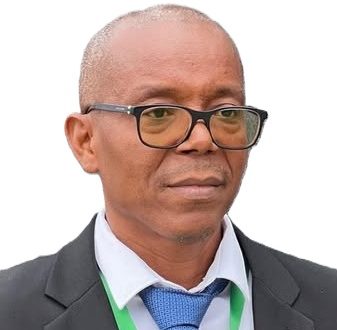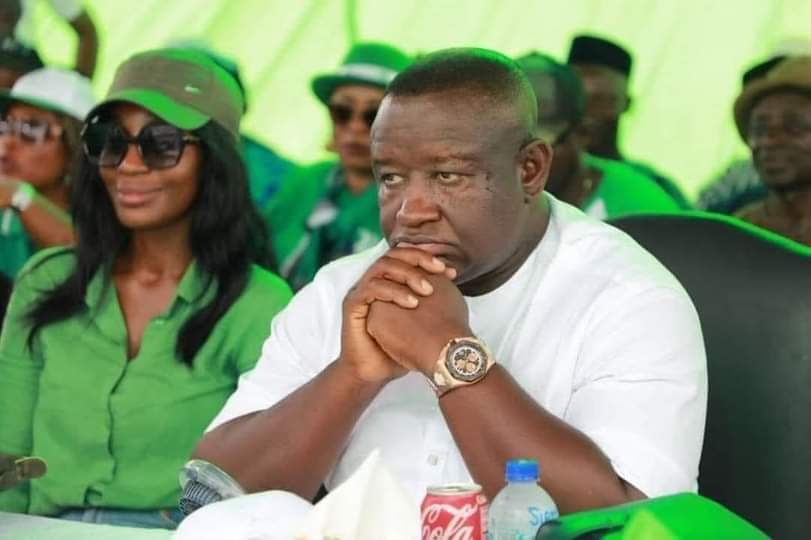By Hassan Osman Kargbo
Fresh controversy has emerged in Freetown following reports that, a land long used for educational purposes is being earmarked for sale to private individuals. The land in question, located within the compound of the Muslim Agency School in the eastern part of the capital, has for decades served multiple schools for athletics, community gatherings, and Eid prayers.
The move has sparked public outrage, with critics questioning the government’s commitment to education and accusing both the ruling Sierra Leone People’s Party (SLPP) and the opposition All People’s Congress (APC) of failing to prioritize the welfare of ordinary citizens.
“This is not just about land. It is about our children’s future,” one concerned resident said. “If this government truly values education, how can they even consider selling land that could be used to expand schools?”
Vice President Dr. Mohamed Juldeh Jalloh recently highlighted the pressing challenge of overcrowded classrooms, noting that the government would need to construct at least eight new classrooms each month to keep pace with the growing number of children being born every year. Critics argued that selling school land directly contradicts these priorities.
Observers say this controversy adds to a long history of questionable decisions regarding public property under successive governments. Allegations date back to the SLPP administration of the late President Ahmad Tejan Kabbah, when low-cost houses were reportedly sold off. The APC government under former President Ernest Bai Koroma also faced criticism for allegedly selling government quarters intended for civil servants, as well as state-owned land, including the lorry park at Shell New Road.
“These decisions over the years show that neither APC nor SLPP has been serious about tackling the country’s challenges,” a political analyst commented. “Instead of preserving state resources for the benefit of citizens, they continue to dispose of them for short-term gain.”
The implications of such sales are now being felt across Freetown, where citizens struggle to secure affordable housing. Rental prices continue to rise sharply, forcing many families into overcrowded living conditions. Despite a 2018–2023 SLPP manifesto pledge to address housing shortages, critics say little progress has been made under President Julius Maada Bio’s administration.
With news of yet another land deal on the horizon, many are calling on the government to halt the process immediately. Civil society voices insist that the land should instead be developed to build additional classrooms and facilities to ease the strain on the education system.
“The Vice President himself has acknowledged the urgent need for more schools. This land could help address that crisis. Selling it for private commercial use would be a betrayal of our children,” one community leader emphasized.
The Muslim Agency School compound has long served as more than just an educational space. For decades, it has been the venue for inter-school athletics competitions and a gathering ground for religious activities, especially during Eid prayers. Residents fear that selling the land would strip the community of a vital cultural and educational asset.
As pressure mounts, all eyes are on the government to act decisively. For many citizens, preventing the sale is not just about protecting land, but about holding leaders accountable for promises made to prioritize education and social welfare.












